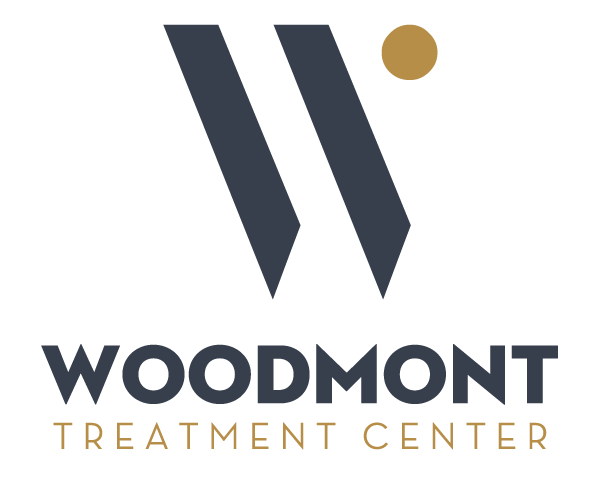Mental Health & Addiction Treatment in New York City
New York City Treatment Centers
Find the best mental health & addiction treatment centers in New York City with the help of Woodmont Treatment Center. We offer you real, personalized solutions based on your individual needs in treatment.

100+
Comprehensive Addiction Treatment Resources for New York City with Woodmont Treatment Center
Substance abuse is a significant challenge for many residents of New York City. Amid the bustling energy and vibrant culture, countless individuals and families silently struggle with the ravaging effects of addiction. The city's inherent stresses, coupled with the accessibility of various substances, can create a perilous landscape for those at risk. However, within this seemingly endless cycle of dependency lies a beacon of hope, a place where transformation and healing can begin—Woodmont Treatment Center in Andover, New Jersey. At Woodmont Treatment Center, we offer an unparalleled recovery experience. Our luxurious facilities, nestled within serene and tranquil surroundings, provide the perfect backdrop for the profound journey of recovery. Our commitment to personalized, evidence-based care, along with our state-of-the-art treatments and seasoned professionals, ensures a compassionate and comprehensive pathway to overcoming addiction.
Local Resources
Discover how our evidence-based addiction treatment programs can help you find long-term recovery from drug & alcohol abuse today.
Addiction Treatment Options and Levels of Care in New York City
New York City boasts a wide array of addiction treatment options tailored to meet the diverse needs of its population. These options span various levels of care, each addressing different stages of addiction and recovery.
Often the first step in the recovery process, detox programs provide medically supervised care during the initial withdrawal phase. Withdrawal symptoms can range from uncomfortable to life-threatening depending on the substance, so detox ensures safety and stabilization before beginning therapy. Medical professionals monitor clients closely, administer medications when needed, and offer emotional support throughout the process. Detox sets the foundation for the next phase of recovery by ensuring that individuals are physically and mentally prepared to engage in treatment.
For those grappling with severe addiction or co-occurring mental health disorders, residential treatment provides a safe and immersive environment for healing. Participants reside at the facility full-time and receive 24/7 medical supervision and therapeutic care. Daily programming includes individual and group therapy, holistic practices like yoga and art therapy, nutrition counseling, and recreational activities. The structured environment allows for complete focus on recovery, free from the distractions and triggers of everyday life.
PHPs are designed for individuals who need more intensive care but do not require overnight stays. These structured day programs typically run five days a week for several hours each day, offering comprehensive services such as psychiatric care, medication management, trauma-informed therapy, and life skills training. PHPs serve as a vital step-down from residential treatment or a step-up from IOP, offering a blend of clinical intensity and real-world independence.
Providing a higher level of care than regular outpatient programs, IOPs are well-suited for individuals who require more structure and accountability but do not need full-time residential care. Participants attend therapy sessions multiple times per week, often for three to four hours per day. Services often include individualized therapy, behavioral health support, peer group sessions, and medication-assisted treatment when appropriate. IOPs offer a balanced approach for those who need strong clinical support while still participating in daily life.
Ideal for individuals with mild addiction issues or those transitioning from more intensive treatment, outpatient programs offer flexibility while maintaining a strong clinical foundation. These programs allow participants to continue with their daily responsibilities—such as work, school, or family obligations—while attending scheduled therapy sessions throughout the week. Outpatient treatment typically includes individual counseling, group therapy, educational workshops, and access to recovery support networks. This level of care is most effective for those with stable home environments and a high level of motivation.


Facts and Statistics on Addiction and Mental Illness in New York City
Substance abuse and mental illness often go hand-in-hand, creating a complex cycle that can be challenging to break. It’s important to understand the scope of the issue as we strive to provide effective care.
Prevalence
According to recent data, approximately 1 in 10 New Yorkers over the age of 12 reported using illicit drugs in the past month. Alcohol abuse remains widespread, with significant portions of the population engaging in binge drinking regularly.
Mental Health
Nearly 20% of adults in New York City experience mental health issues each year. Among those battling addiction, co-occurring mental health disorders are common, highlighting the necessity of integrated treatment approaches.
Overdose Rates
Sadly, overdose deaths have surged in recent years, particularly involving opioids. Fentanyl, a potent synthetic opioid, is a major contributor to the increase in drug-related fatalities.
Treatment Access
Despite the high prevalence of substance abuse, many individuals do not seek or receive the treatment they need. Stigma, lack of awareness, and limited access to services remain significant barriers.
Emergency Resources for Substance Abuse in New York City
- New York State HOPEline – 1-877-8-HOPENY (1-877-846-7369): A confidential helpline offering support and referrals to local resources.
- NYC Well – Call 1-888-NYC-WELL, text “WELL” to 65173, or chat online: A comprehensive resource providing mental health and substance use services.
- SAMHSA National Helpline – 1-800-662-HELP (4357): A confidential, free, 24-hour helpline offering information and referral services.
- NYC Department of Health and Mental Hygiene: Access local services and support through the city’s health department website or by calling 311.
What to Look for in a New York City Drug & Alcohol Rehab Program
When selecting a drug and alcohol rehab program in New York City, consider the following key attributes to ensure a successful recovery journey:







Paying for Addiction Treatment in New York City
Financing addiction treatment can be a daunting concern, but numerous options are available to ease the burden:
Most private health insurance plans cover addiction treatment services. Verify coverage details with your provider to understand the extent of benefits available.
These government-funded programs offer addiction treatment coverage for eligible individuals.
Some treatment centers provide financial assistance or sliding scale fees based on income levels.
Many facilities offer payment plans or financing options to make treatment more accessible.
Certain non-profits and charitable organizations provide grants or scholarships for those seeking treatment.
Commonly Asked Questions about Addiction Treatment in New York City
What types of addiction do rehab programs in New York City treat?
Most programs treat a variety of addictions, including alcohol, opioids, prescription drugs, cocaine, methamphetamine, and co-occurring mental health disorders.
How long does addiction treatment typically last?
Treatment length varies depending on individual needs, ranging from 30-day programs to extended care lasting several months.
Can I visit or contact a loved one during their treatment?
Family involvement is often encouraged. Many programs offer family therapy sessions and facilitate communication at approved times.
What happens after I complete a rehab program?
Aftercare planning is crucial. Many programs provide follow-up support, including outpatient therapy, support groups, and relapse prevention strategies.
How do I know if a treatment program is right for me?
A thorough assessment during the initial consultation will help determine the best treatment plan tailored to your unique needs.
Most Insurance Accepted
Here at Woodmont Treatment Center of New Jersey, we work with most major commercial insurance plans to help ease the financial stresses associated with treatment. Our caring and experienced admissions team will walk you through your personal options for treatment based on your individual benefits and coverage options.


















What Our Clients Say About Woodmont

Transform Your Life with Woodmont Treatment Center
As you navigate the path to recovery, know that you are not alone. At Woodmont Treatment Center, we stand as a beacon of hope and healing for residents of New York City. Our luxurious facility in Andover, New Jersey, offers a transformative experience rooted in personalized, evidence-based care.
- 24/7 Medical Staff Onsite
- Experience Clinicial Team
- Trauma-Informed Care
- Client-Centered Program
- Dual-Diagnosis Foundation
- Integrative Medical Care
- Advanced Family Program
- Woodmont Aftercare+
Let us be your partner in this profound journey. Reach out to Woodmont Treatment Center today and discover how our high-quality addiction treatment can change your life. Together, we can overcome addiction and build a foundation for lasting recovery.
How to Reach Us
address
293 Route 206, Andover Township, NJ
admissions@woodmontnj.com
Admissions
1-800-123-4567







